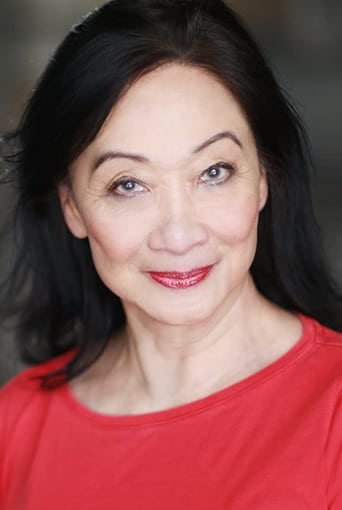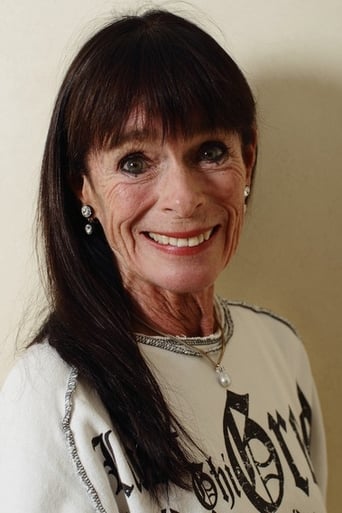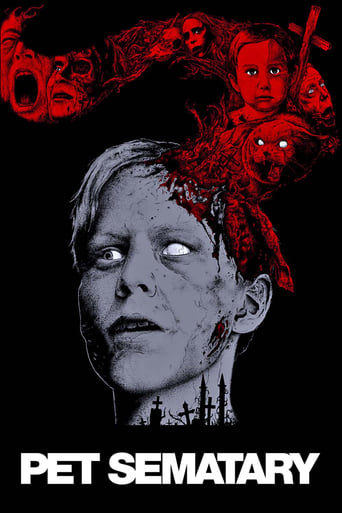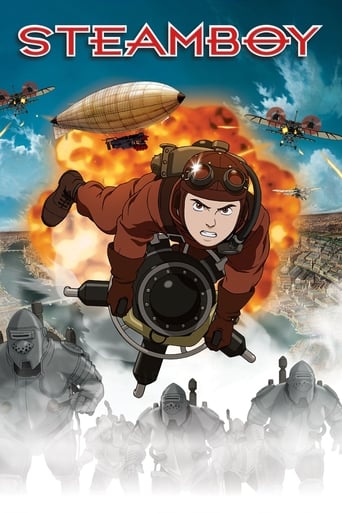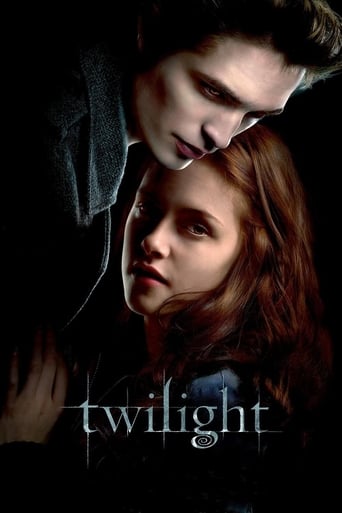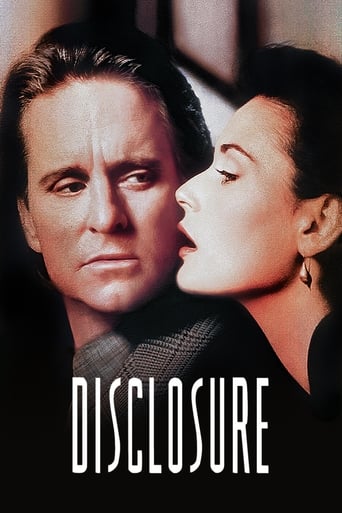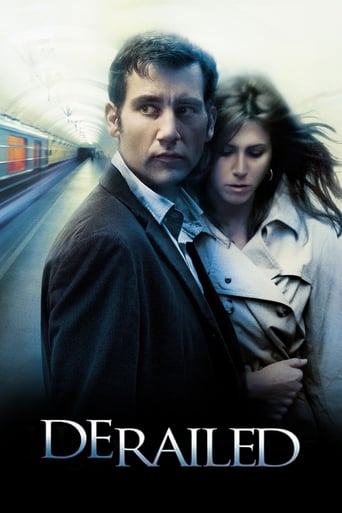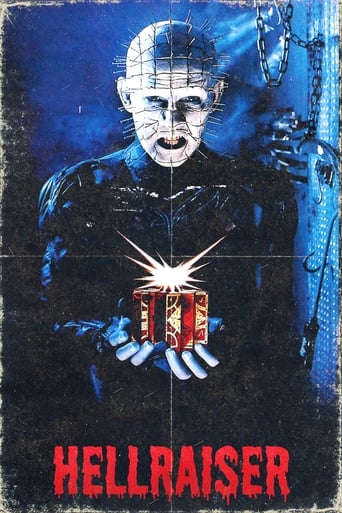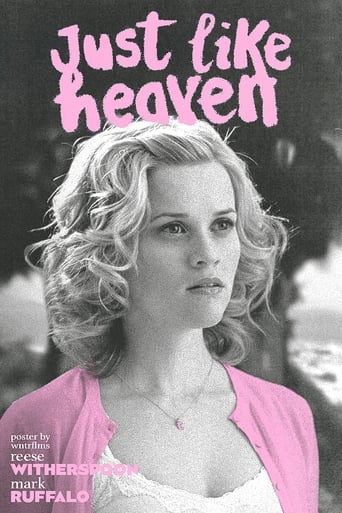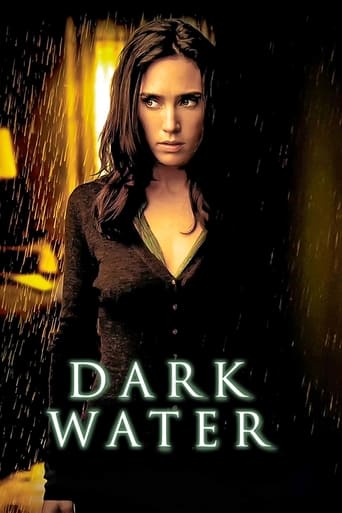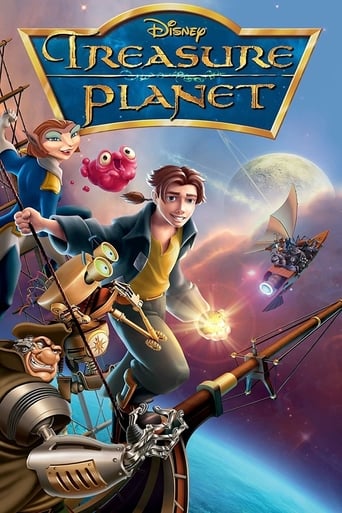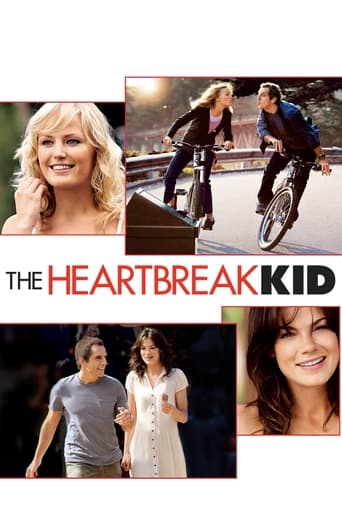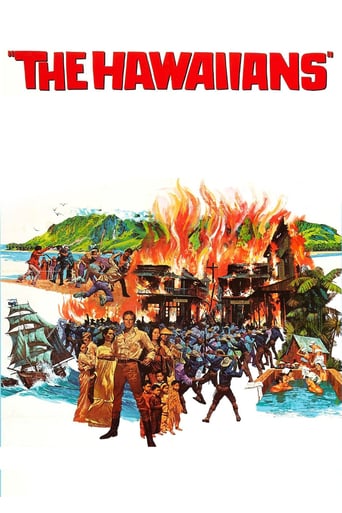
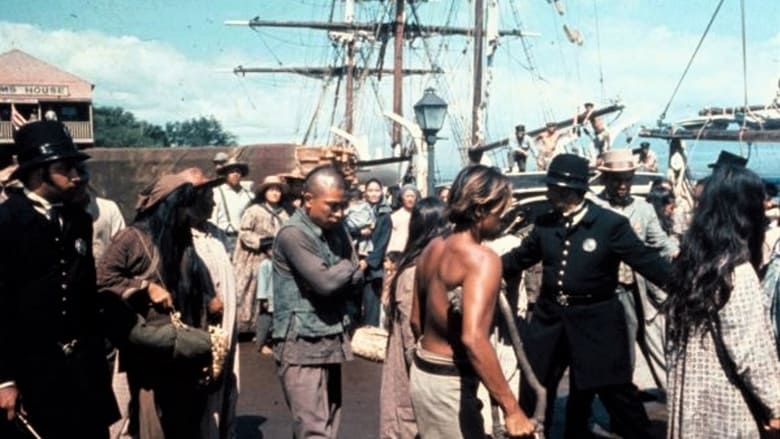
The Hawaiians (1970)
A wanderer returns home only to find political turmoil, disease and romantic difficulties.
Watch Trailer
Cast
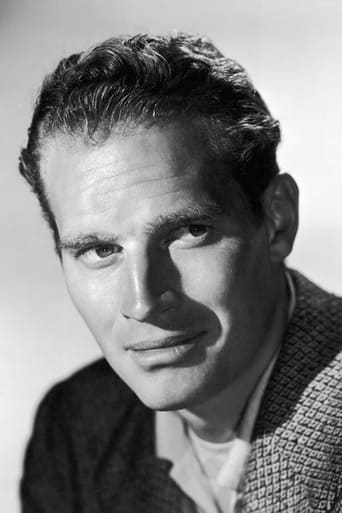


Similar titles
Reviews
Based on the James Michener novel Hawaii, this sequel (to Hawaii (1966)) received a Best Costume Design Oscar nomination. It follows the life of 'Whip' Hoxworth, played by Charlton Heston, and those he comes in contact with through many years on the islands before they became our 50th state, including the introduction of the telephone and early automobile. Directed by Tom Gries with a screenplay by James R. Webb, it features breathtaking views of land and sea, including those of sea-worthy sailing ships.It begins with Whip captaining a ship transporting Chinese workers to the islands for cheap labor. One of these is Mun Ki (Mako), who saves a woman Char Nyuk Tsin (Tina Chen) from being sold into prostitution by claiming she's his wife, when they arrive. Whip hires them as cook & servant and takes them to his luxurious home where he's reunited with his wife Purity (Geraldine Chaplin). I haven't read the book, but I will say that the film skips forward, 2-3 years at a time or more, many times as the story takes place over several decades.The first "segment" of the film establishes the relationships between the two "man and wife" combinations. Mun Ki is in fact already married to a woman in China and, as the resident Chinese Wise Man/Lawmaker Foo Sen (Keye Luke) explains to Char Nyuk Tsin, all the children she bears for him will be regarded as his wife's, whereas she will be known to them as their "auntie". However, there relationship is one of true love, he teaching her how to speak pigeon English since their native Chinese dialects are incompatible. Chen gives the performance of the film, one which inexplicably went unrecognized by the Academy in what was, IMO, a weak year for Best Actresses (e.g. given those that were nominated). She accepts her role, and eventually gives birth to four sons (instead of the five he'd wanted, named for each continent per Foo Sen) and one daughter. Her character is also transformed from one which she herself initially claims is "not smart", relative to her "husband", to a very strong (even progressive) female & minority role model, businesswoman, and leader. During this time, she demonstrates her deep commitment to Mun Ki by choosing to go with him to the leper colony, with no hope of return, on Molokai when he contracts the disease.Whip is married to a one-fourth native Hawaiian who, after bearing him a son herself, becomes withdrawn and eventually somewhat crazy as she immerses herself in the "dying" native culture, and ultimately leaves him. He is shocked to learn when he returns from the sea that his grandfather, and benefactor, has died and left him nothing but thousands of seemingly useless acres of land in lieu of the command of the family shipping fleet he covets. His wealthy missionary family, led by his cousin Micah (Alec McCowan), has control of the assets and offer to give him "his" ship if the "black sheep of the family" would leave and never return. He refuses, and hires a drunkard well digger (Don Knight) who finally finds fresh water on the property which enables Whip to eventually become a rich pineapple plantation owner.Whip becomes a man who believes he can do anything he wants, which he does by taking bigger and bolder risks throughout the story. He takes his son Noel back from his estranged wife, and "raises" him until the 15 year old departs for his "real" education on the sea, just like his father did. Whip commits several illegal acts, including ones which enable him to introduce pineapple growing to the islands.Noel is played by various different actors as he ages but only really figures prominently in the film's last, and weakest part (when John Phillip Law plays the role). Separated from his wife for years, Whip also sets up a Japanese concubine (Miko Mayama). The last part of the film is more about the political evolution of the island (involving Whip, Micah and Queen Liliuokalani, played by Naomi Stevens) towards annexation by the U.S., and isn't nearly as compelling as the first 90 minutes. It also includes a too contrived romance for Noel upon his return.
What I really enjoyed about the Hawaiians was the story of how Hawaii came to be such a cultural melting pot. The Polynesians were the aboriginal peoples of the Hawaiian novels. Next came the American and European whites mostly missionaries or seamen. Then came the Chinese followed by the Mediterranean European Portugese and then the Japanese and Filipinos. Hawaiians movie does a great job of covering the Chinese immigrants at the beginning of the story Tina Chen and Mako did a fine job in the film as a Chinese Man and his second wife whom by Chinese law at that time was considered in reality a concubine. The scenes at the leper colony was very close to the original in the book and the rape of the beautiful Hawaiian leper girl Kinau who did not show except for one sign of the disease is also graphically depicted in the film. In the novel the concubine has all sons.In the movie version the concubine has one daughter.A character that has been created from Japanese and Chinese characters in the book.The Japanese former comfort girl mistress of Charlton Heston was actually a made from several different females in the book. Charlton Heston did a great job in his part but in actuality and no fault of his own but of the screenwriter his Whip character did not remain faithful to the book portrayal and Geraldine Chaplin her character should have been left out entirely since it was another streamline of other female characters. People who viewed this movie couldn't relate to Geraldine's Purity's character. She apparently was unhappy in her marriage gave Whip a son but didn't want to return to the marriage bed.Frigid and emotionally detached. She kept going back to her full blooded Hawaiian relatives and the church. She was comfortable with the old ways and not the new and certainly not her husband's sex drive. John Phillip Law plays the son of Whip and Purity who later married a Chinese girl the daughter of the Chinese couple was told to keep his quarter Polynesian blood a secret by his father. There was racism by the so-called Pure white stock against Caucasians who had a little of the Polynesian ancestry. Pure Polynesian Hawaiians weren't too happy at first with their children intermarrying with Caucasians or mainland Asian Chinese then Koreans or other island Asiatic groups like Japanese and Filipinos but it happened. Bottom line on this sequel-Good Movie but not what one could call faithful to a James Michener's novel. The Chinese storyline pretty much stayed close to the depiction in the book. The James Michener novel Centennial was better adapted to the small screen than this epic sequel.
You have to admire James Michener's resolve. He's the guy who wrote the book this screen play is based on. Michener wrote one novel or non-fiction work after another, each of them requiring an unconscionable amount of historical and geographic research. There are a couple of dozen doctoral dissertations scattered among his books -- "Centennial," "Texas," "Alaska," "Poland," "Iberia." This is about a certain part of Hawiian history, a sprawling epic, as they say, following multiple narrative threads through three generations. The principal thread belongs to Charlton Heston, who begins as a reckless and uncaring sea captain and winds up as a cigar-puffing prosperous land owner, the evolution being the result of his willingness to take risks. The other main thread belongs to Tina Chen, who begins as an outcast young Chinese woman and becomes a socially prominent leader of the Chinese community in Honolulu. She's a minority among the Chinese in that she is Hakka, an internally marginal group in China. Her minority status isn't Michener's literary trick either. Hakka is one of half a dozen or so common dialects in Chinese and in one of my classes we had representatives of all of them lined up at the front of the room pronouncing one familiar word after another. There was an obvious family resemblance among most of them. You could "hear" the buried Cantonese word when it was spoken in Mandarin Chinese. But not Hakka. It was to the other dialects what Rumanian is to the other Romance languages.Wait a minute. Was that "off topic"? Well, it doesn't matter much. There's no describing the plot of this movie. If anything ever happened in Hawaiian history, it happens to somebody in this movie. You want to talk leprosy? Racism? The switch from a monarchy to a territory of the United States? The plague? Let it simply be said that it's all here.Charlton Heston is his usual monolithic self and fills the character appropriately. Tina Chen is a beautiful woman who is, at best, professional. We don't get to see much of Geraldine Chaplin, who rediscovers her native Hawiian genes and appears to go nuts. John Phillip Law isn't around much either. Tina Chen's husband is Mako (who is Japanese) and he's quite good in what is essentially the same role he played in "The Sand Pebbles." Some of the supporting players appear to have been chosen for their looks rather than their talent.I rather like Hawaii, at least as it was when I was last there, years ago. There's a good deal of solidarity to be found on the islands. During the turmoil of the 1960s when American cities were in the grip of violent revolutions or their simulacrums, Honolulu went quietly about its business, and that in a city more ethnically diverse than any found on the mainland.Anyway the film is worth watching. I can't say I was especially gripped by any of the incidents or characters. I'd recommend it if only for its educational properties. Michener was only rarely effective as a dramatist but all that time he put into his research certainly paid off.
The Hawaiians was made from the middle third of Michener's novel Hawaii. Compared to the Julie Andrews - Max von Sydow movie Hawaii, made from the first third of the book, The Hawaiians is unpretentious, lowbrow, but much more entertaining. The plot of The Hawaiians revolves around two stories -- the rise to political and commercial power of second generation American immigrants, and the arrival in Hawaii of Chinese and Japanese immigrants.The story of the American immigrants' rise to power follows the life of Whip Hoxworth, played by Charlton Heston. He gains wealth by establishing the first pinepple plantation in Hawaii, then participates in the overthrow of the Hawaiian monarchy, which led to the islands becoming an American territory.The story of Chinese and Japanese immigration to Hawaii is told through the life of Char Nyuk Tsin, played by Tina Chen. She becomes the second wife of fellow immigrant Kee Mun Kee, who fails at almost everything he does. But through hard work and perseverence, Char Nyuk Tsin prospers and creates a better life for her children.This is not highbrow cinema. The acting is second rate, the script is second rate, everything about it is second rate. For example, the attempts by the Chinese-American actors to speak Chinese is almost laughable. They speak Mandarin with atrocious accents, even though the characters are supposed to be speaking either Hakka or Cantonese. But it doesn't really matter. This is the sort of movie to watch when you don't want to have to think hard. It's an enjoyable no-brainer, a pleasant diversion while eating popcorn.The Hawaiians enjoys a footnote in the history of the MPAA's movie rating system. When it came out in 1970, it earned a PG rating, despite having two scenes of female nudity. Japanese immigrant farm workers are shown enjoying a traditional communal bath, and one attractive young woman is shown topless for a short time. This created a mild controversy at the time, although the scene is about as sexy as a National Geographic pictorial.I have not been able to find The Hawaiians on tape or DVD. If anyone in the business can get it released, please do!


